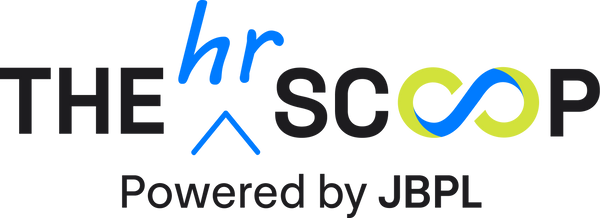
Guaranteed Job Programs: What Every Job Seeker Should Know
In an increasingly competitive job market, the idea of a guaranteed job is highly appealing. Many training institutes, placement agencies, and even online platforms promote guaranteed job programs that promise employment upon completion of a course or program. While these opportunities can be genuine and beneficial, job seekers need to approach them with careful research and realistic expectations.
This article breaks down what guaranteed job programs mean, how they work, and what every candidate should keep in mind before signing up.
What Are Guaranteed Job Programs?
Guaranteed job programs are initiatives offered by educational institutes, training providers, or placement services where candidates are promised a job after completing a specific course or training. In most cases, these programs are linked with skill development in high-demand industries like IT, digital marketing, data science, healthcare, and finance.
The guarantee can come in different forms:
- Direct placement after training.
- A job offer from partner companies.
- Assured internships with a pathway to full-time roles.
However, it’s essential to understand that the “guarantee” often comes with conditions such as performance benchmarks, attendance requirements, or additional assessments.
Why Are These Programs Popular?
- High Competition in the Job Market
Fresh graduates and even experienced professionals often struggle to stand out. A guaranteed job program feels like a shortcut to secure employment. - Skill-Oriented Training
Many of these programs are tied to industry-relevant skills, which employers are actively seeking. This practical training adds real value. - Confidence Boost
The assurance of a job at the end of training reduces stress and motivates candidates to focus on learning.
Things to Watch Out For
Not every guaranteed job program delivers on its promise. Here’s what you should verify before enrolling:
1. Credibility of the Provider
Research the institution or agency offering the program. Check online reviews, success stories, and testimonials from past candidates.
2. Fine Print of the Guarantee
Often, “guaranteed job” doesn’t mean unconditional. Some programs only guarantee interviews, not placements. Make sure you understand exactly what is promised.
3. Associated Costs
Some providers charge high fees upfront, while others deduct fees after placement. Evaluate the financial investment against the actual benefit.
4. Partner Companies
Legitimate programs usually have tie-ups with recognized organizations. If no company names are disclosed, it’s a red flag.
5. Transparency on Job Roles
Make sure you know the type of roles being offered. Sometimes, candidates expect high-level positions but are placed in entry-level roles instead.
How to Make the Most of Guaranteed Job Programs
- Focus on Skill Development: Use the training to genuinely improve your technical and soft skills, not just to get the certificate.
- Build Your Resume and Portfolio: Highlight the skills and projects you worked on during the program.
- Network with Mentors and Trainers: Many opportunities come through referrals and connections built during training.
- Stay Open-Minded: Even if the first role isn’t your dream job, it can be a steppingstone toward long-term career growth.
Final Thoughts
Guaranteed job programs can be a valuable bridge between education and employment, especially for freshers struggling to break into competitive industries. However, it’s important to approach them with a critical mindset. Always do your homework, read the terms carefully, and focus on gaining skills that will serve you beyond the initial placement.
At The HR Scoop, we aim to empower job seekers with insights that help them make informed career decisions. A guaranteed job may sound like the perfect solution, but true career success lies in continuously learning, adapting, and seizing the right opportunities
